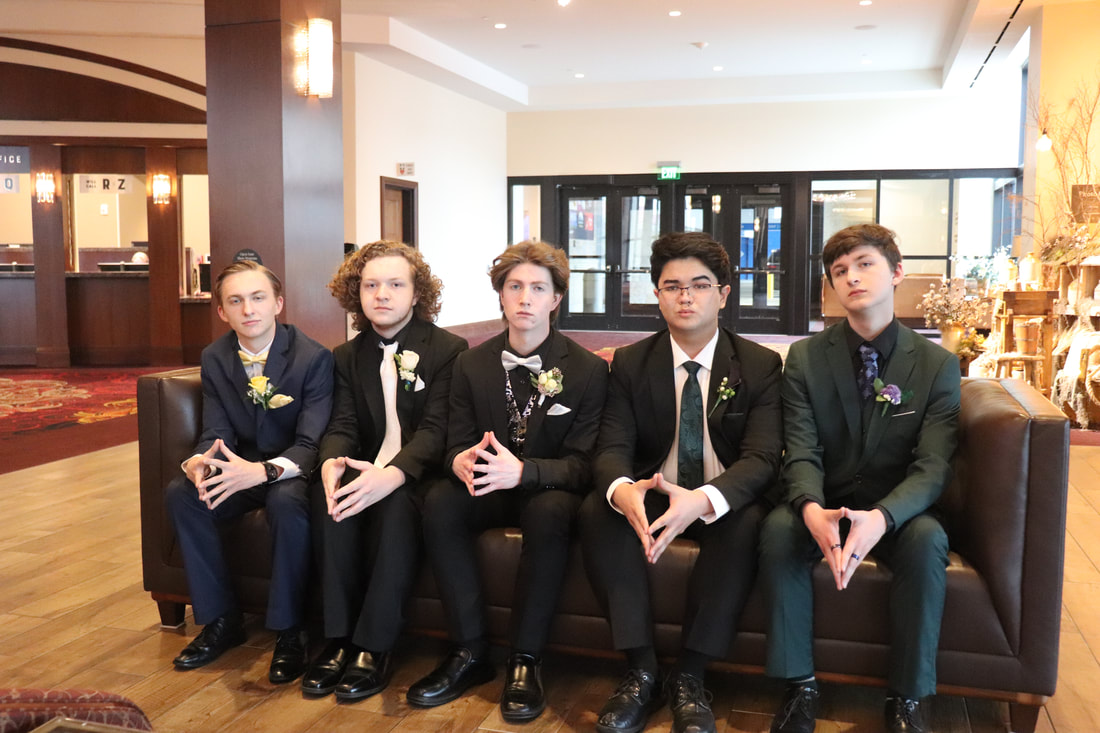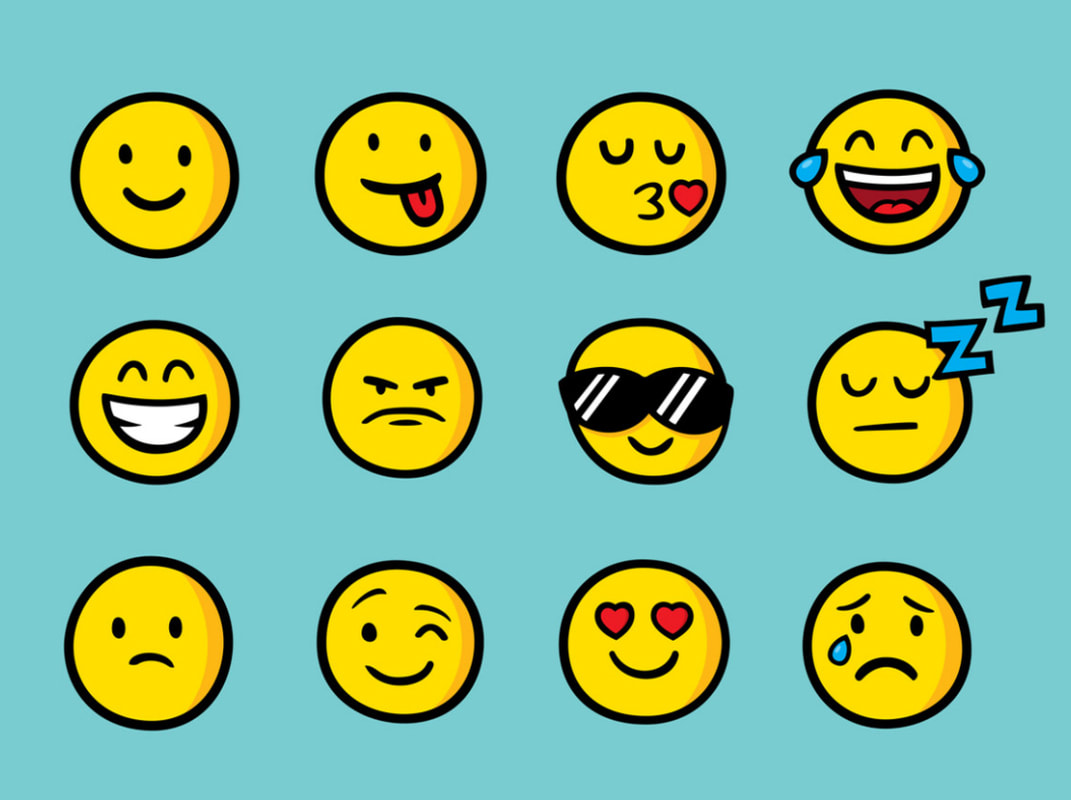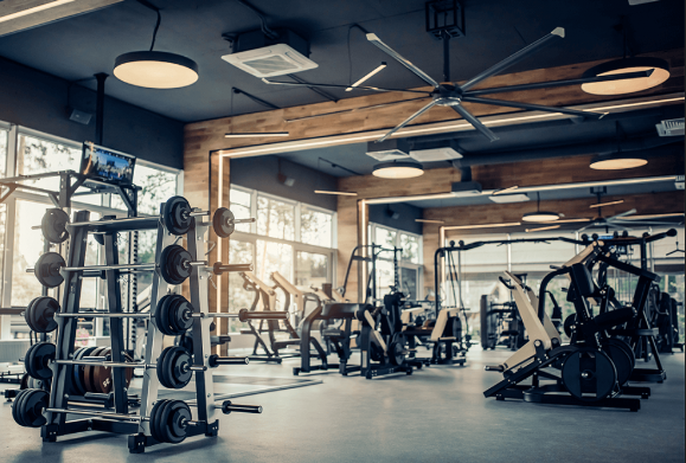About the editor:
|
|
Hey, didn't see you there.
The name's Riley. Oh? you didn't ask for my name? Well, you probably also didn't ask to know that I am a student here at CCHS who sings in our Chamber and Bell Choirs! Being an editor for the opinion grab-bag page is a challenging job but I hope to inspire some joy and laughs while reading the news! |
"Graduation SPEECHES"
|
|
BY RILEY HAMADA
EDITORIAL EDITOR 7 weeks, that’s how long seniors at Corner Canyon have left until they graduate, (for reference, that is about 4233600 seconds!) We will all excitedly sit down in our chairs, a rehearsed and uniform action practiced a thousand times, our diploma’s a couple of feet away. 12 years of work, the long nights spent working on projects, the mountains of homework, the “group projects” where you end up doing most of the work, school is exhausting and you are finally able to leave it all behind in only a few short moments. Then the speeches start I think I speak for many when I say that graduation speeches are kinda lame most of the time. Every speech ever just sounds like repetitions of “Make sure you always try your best and shoot for the stars!” Speeches are exhausting to deal with, you are forced to sit still while some random kid or PTSA member you’ve likely never talked to before attempts to give you life advice that they think actually applies to you. |
It’s even WORSE when the faculty and school board start giving their separate schpeels, I guarantee you no one in the audience wants to hear Board Member #4 start opening their mouth to talk about how proud they are of “their kiddos”.
No one is really invested in graduation speeches. The parents only want to see their kids walk on stage, the students only want to get their diploma (and maybe icecream after), even the teachers in the audience are ready to no longer listen as one of their bosses take credit for “leading the future generation” when in reality it was themselves. “I’ve been to graduation 4 times already, I don't need to go there again” is a sentiment shared by senior Alyssa Miller and likely many more students here at CCHS. I think that graduation speeches should only have the principal, maybe a passionate English teacher or two, and then just students, with students able to act more freely and not feel pressured to have a cheesy message. Thankfully, yours truly has been given the chance to implement his design for the graduation of the 2024 class, I hope you all come to listen to what is politely described as a “disaster” by fellow editor Asher Candell. Here’s to making graduation fun again! -RH |
"Prom Perfection"
|
Preposterous Personal Prom Pre-Planning Probing Preview: CCHS students' planning for dances often takes a lot of different angles, here are just a few from those I interviewed! “Planning for a dance is super fun because you can do things that you already were planning on doing but you have an excuse for it!” - Hanah Chanthapuang “I didn't go to prom” - Anonymous (i'm not going to snitch on my boy like that!) “we didn't rly plan it lol plans r cringe dances have too many people. 2.3/10” - Anonymous “I thought it was so fun. I didn't do much planning, but I know the boys made reservations for the day date and dinner ahead of time." - Ava Lindman "I usually just like to sit back and let it happen, because it's always fun no matter what!!” - Chloe Scott “Whipped out the eBird to see where snow geese were last spotted, grabbed the field guides and binoculars and hopped in the minivan” - Hunter Hickock (he was just talking about birds? idk) "It was very hectic since we did not plan anything really besides the day before so it was very spontaneous." - Kaleb Judd |
BY RILEY HAMADA EDITORIAL EDITOR Many CCHS students are getting ready for the 2024 prom dance, starching their suits, ordering boutonnieres and corsages at whatever price they can get, glittering up their dresses with the finest of *sparkle*, etc. It is time to dance! Go ahead! Spend your time stressing about who to ask, or worrying about whether or not YOU will be asked out to this dance. Maybe you will rally the courage and ask that one cute girl in your math class who keeps tutoring you despite your consistently failing results. Watch as you spend hours on the poster, making sure every character is written out with delicacy, care, and a perfect 3” font size. You go to three different stores looking for just the *perfect* treat to go along with the poster, it must. Be. PERFECT. D-day, crowds begin to gather around your future prom date, you push and wriggle your way into the front of the waves of potential suitors for Sally McGee. Soldiers on D-day had less things to worry about than you at this moment. You are ecstatic to see that in a couple of days, you too receive a poster by Ms. Mcgee, a sign that must be of the greatest importance ever. You quickly gather a group, NO! A team! To plot and scheme and try to seem as if the prom plan was a slick and quick-made schedule. |
You push each member to their limits with you as you constantly argue and bicker for your perfect date, compromise is for the weak when prom is at stake!
THE DAY. SATURDAY. MARCH TWENTY SECOND, 2024. You wake up in a cold sweat, you couldn’t get any sleep, only getting visions of the day ahead, possible pitfalls, and anxious nightmares of what could go wrong on this perfect day. The day's event goes well, everyone tries to talk to you and Sally, but you’ve already told them to follow the perfect script you’ve written three weeks ago, (it’s rather annoying that they DIDN'T follow it.) But okay, this date will go right, NEEDS to go right, otherwise your entire high school career will go up in smoke and flames! The dance begins in earnest, you all drive up to the school, you already feel the sweat and smell of 300+ high school boys moshing in the gym. Entering, your friends all leave you to go with, in their words, “less controlling company”. Who needs THEM on your perfect date?! The dance goes well (for you at least) and you drive back home to your date’s house, she calmly walks out of the car and compliments you by quietly calling you a “perfectionist prick” clearly for your sharp outfit and ability to plan. A perfect date. |
"Lifetime Fitness Sucks"
|
|
BY ANNA YERGENSEN I’m just gonna say it, Lifetime Fitness is terrible. It isn’t fun and it actually makes you do work. You’re in the fitness room and trying to get your heart rate above a certain level in order to be graded. Scott Larsen, a senior here at CCHS, agrees. “It’s pointless and stupid. At times it can be fun but most of the time it’s pointless.” which leaves the argument, why do it? No one enjoys it and unless you’re an athlete or exercise enthusiast, it’s gonna suck, AND you have to take it to graduate, so it’s a lose-lose situation. Some people have done it online, like Lily Hersch. “I mean I wouldn’t say that I learned anything that I didn’t know. It’s probably good for freshmen or people who just don’t know the basics of the body. But for people who exercise regularly and athletes, it’s kind of pointless.” |
That’s what I’m thinking of taking, it sounds way easier and nicer than in person. Aleks Marr also took in online, not wanting to do it in person like the rest of us. “It was very informative and as long as you stayed on top of your work, it’s a pretty simple class.” Later they said, I will never recover, I will never forget, I will never forgive.
Here’s the thing with regards to the people that are athletes or exercise regularly, Why should they take a fitness class when their sport already fills the quota? I’m a dancer, and so I’m gonna have to take that class and then have to dance. No thank you, I’d rather just dance and take a different class. Additionally, many athletes fail the class for not being able to get their heart rate with what they are doing. Most of them I know have barely made it through with a passing grade, not having it be their fault. Yes, having an active class CAN be good for students, but how much is it really? Lifetime fitness is just a pain and it’s another thing that we just have to bear through to graduate. |






